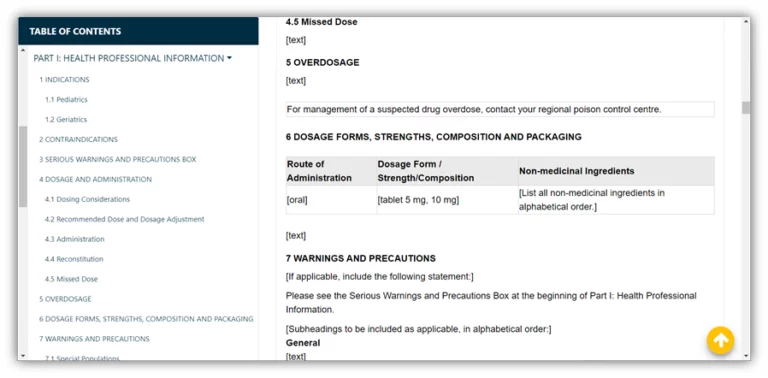Pharmaceutical companies have a duty to the FDA and other authorities to keep their data accurate, unaltered, and properly stored in their database. Not only should the data be stored, but it should also be maintained through error checking and validation routines. Failure to do so will result in a violation of the FDA’s manufacturing regulations known as current Good Manufacturing Practice, compromising the effectiveness and more importantly, the safety of these drugs.
More and more companies are receiving warning letters regarding the issue of “data integrity”. Data is either being altered or its quality being compromised. Information regarding trails are not properly recorded or kept, resulting in distorted data. Information like this is what determines whether or not the drugs are safe to use.
A report shows that from 2010 to 2012, only five drug manufacturers issued warnings for data violations. But from 2013 to 2015 that number had jumped to 24, which is almost five times that amount in just two years.
With an increasing amount of companies violating regulations regarding data integrity, the FDA has increased the number of inspection in foreign facilities. In addition, the FDA can also demand access to specific records at any manufacturing facility. If it’s not provided, then the drug can be banned from being sold in the U.S.
How Are These Changes Affecting The Industry?
- Foreign Facilities Will Be Inspected Thoroughly
The FDA will place foreign manufacturing facilities under scrutiny, making sure that operations are incorporating best practices. Because of this increased reach, companies will now be auditing their processes abroad and make adjustments in order to protect the quality of their data.
- Facilities Can be Easily Shut Down
Increased inspections and greater access to manufacturing data makes it faster to pinpoint whether or not the company is following regulations set by the FDA. To enforce this, companies can easily have drug recalls, public warnings, or even import bans.
- Focus is Now on Ensuring Data Integrity
Because the implications of deviating away from the FDA are so harsh, companies are looking for technological solutions to protect the information on their databases. Features like unique log-ins for personnel and a data audit trail are just some examples of how manufacturing companies can easily adhere to the FDA.
Electronic Batch Records
Capture manufacturing & environmental details from raw material / components thru to finished packaging complete with e-signatures. Ensure compliance with GxPs.


